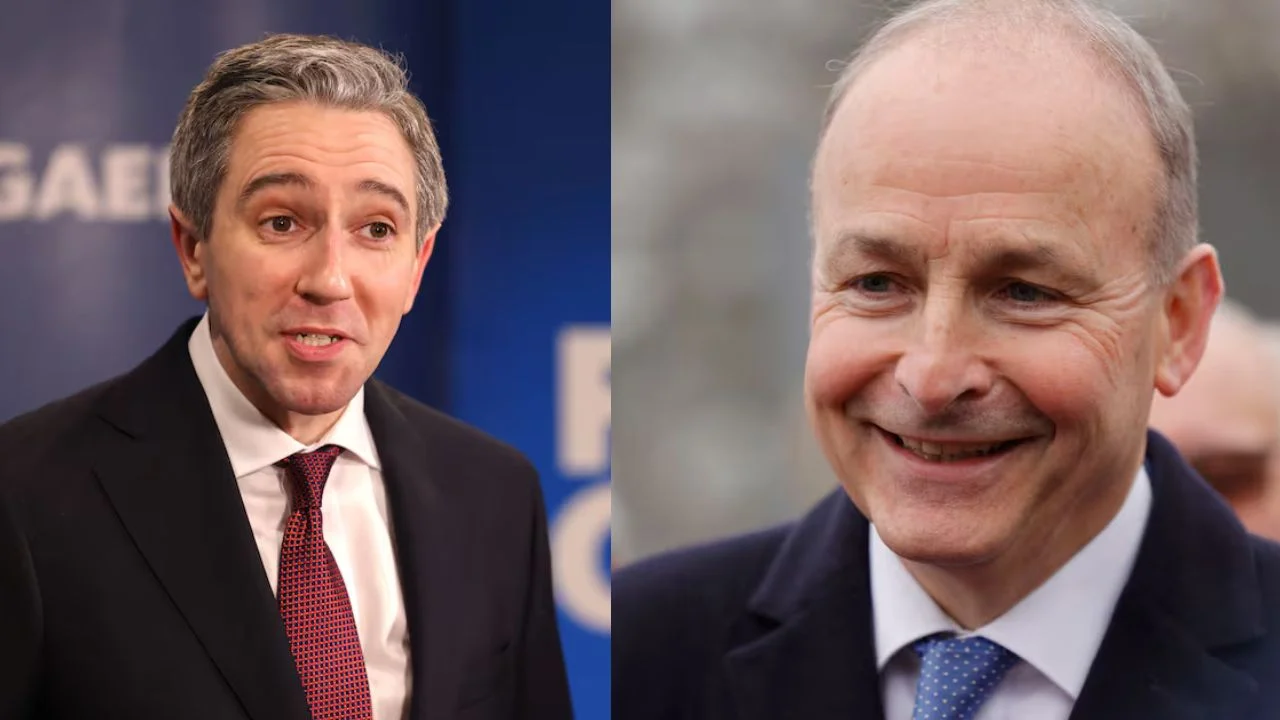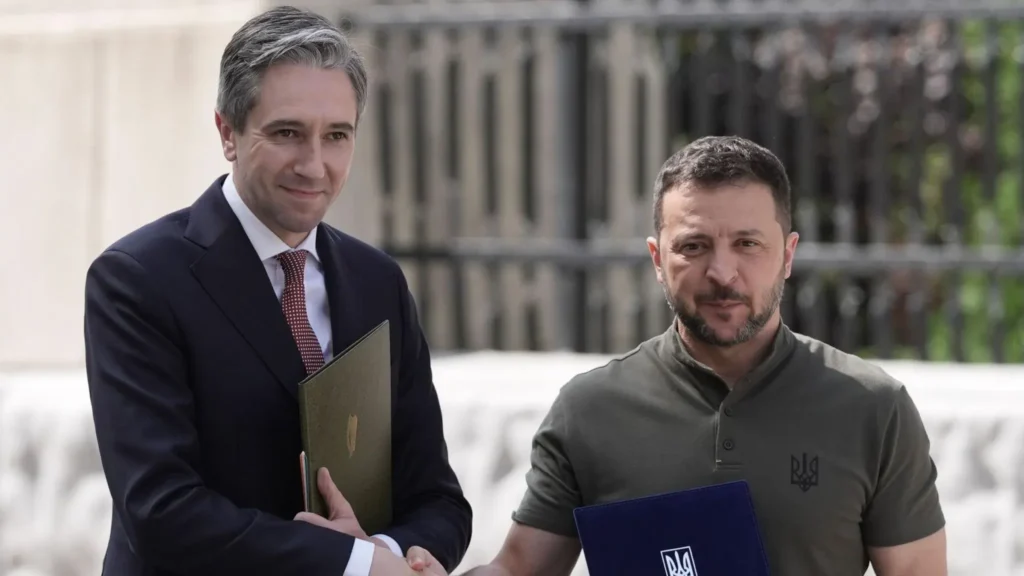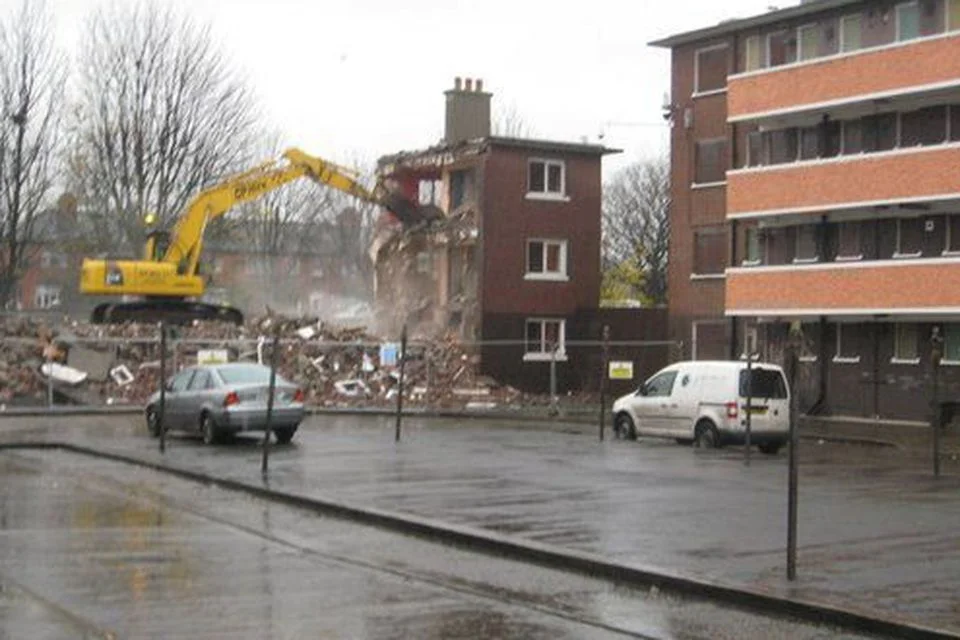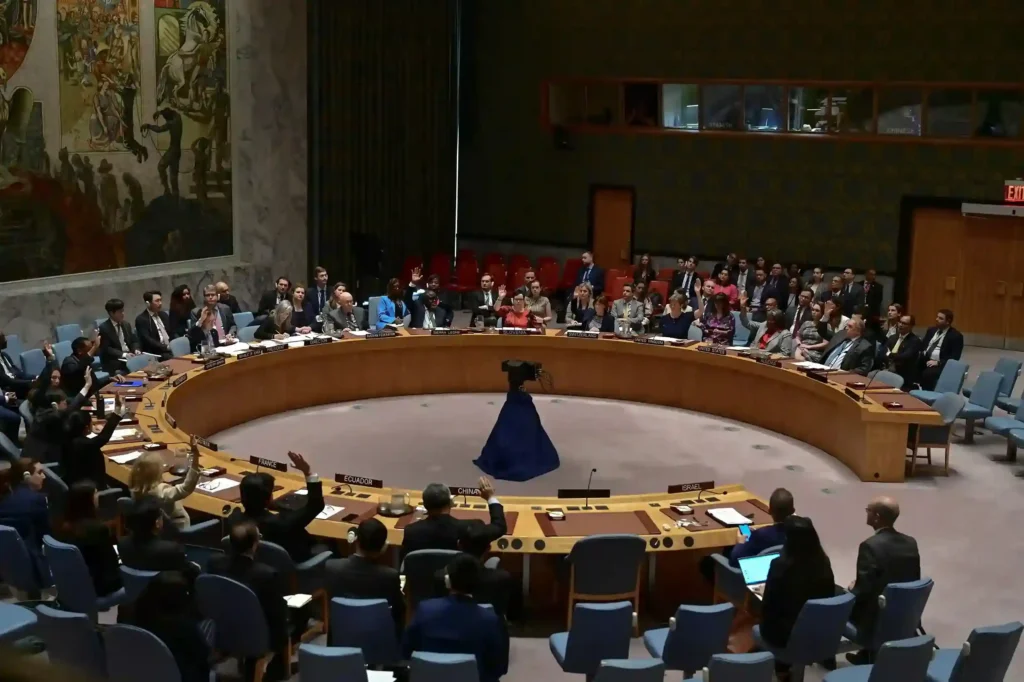Government formation talks begin with focus on stability

Introduction
Fianna Fail and Fine Gael have now ignited the earliest fire towards a formal government formation in Ireland. The two parties can forge a more stable, effective administration to tackle the many issues confronting the country. Both parties of mutual respect seem to be on the road to sharing government with each other, whilst these talks will play a defining role in Ireland’s future.
Initial Discussions Between Leaders
The first meeting of Micheál Martin and Simon Harris has been termed the first step in new government formation because such a meeting could be termed “positive” and “constructive” to indicate that both are willing to work together. Such discussions would provide the tone for wider negotiations aimed at forming an administration capable of serving the country well for the full five-year term.
The deputy leaders, Jack Chambers and Helen McEntee, have the all-important task of forming ground rules for the negotiations. These preliminary steps are supposed to make it easier for the meetings to move along smoothly and stay on track around key priorities. Each party’s teams then would go into more detailed policy debates with these base agreements in mind.
Key Focus Areas of Negotiations
Policy Priorities
The government formation talks are going to discuss the most urgent issues in the Republic of Ireland, with housing, health, and justice, in addition to the cost of living, becoming very prominent issues. Both Fianna Fáil and Fine Gael have committed to finding innovative and practical solutions to these problems.
Housing has become one of the most critical issues as the country faces a crisis of affordability and availability. Also, reforms in health care aim at improving access and quality, correcting historic systemic inefficiencies. Justice and cost-of-living policy will also be high on the agenda, given how they shape the lives of Irish men and women.
Rotation of Taoiseach Office
One of the interesting aspects of government formation is the rotation of the óffice of taoiseach. In a joint.statement issued by Martin and Harris, mutual respect regarding the expectation of governance was emphasised, and analysts interpreted that as continuity in the rotation model. This joint endeavor has helped to encourage equilibrium between the two parties and fostered constructive and pleasant joint dealing in the leadership.
| Policy Area | Issues Addressed | Proposed Solutions |
|---|---|---|
| Housing | Affordability and availability crisis | Innovative construction initiatives |
| Health | System inefficiencies, access to care | Sláintecare reforms |
| Justice | Law enforcement and legal reforms | Enhanced funding and streamlined processes |
| Cost of Living | Rising expenses across sectors | Targeted financial supports |
Broader Political Context
Labour Party’s Position
The Labour Party is having a discrete meeting with Fianna Fáil and Fine Gael with Ivana Bacik as the head during Labour’s overall evaluation of the government formation potential. The decision is whether they want to join the government or not, and Labour’s policies will determine what happens in the end relative to the emerging Programme for Government.
Furthermore, Labour might even take along additional concerns, especially on social and economic reform. The influence on policy debates might be scary in a coalition managing FF and FG.
Social Democrats’ Stance
Social Democrats, whose deputy leader is Cian O’Callaghan, have expressed interest in getting involved with government formation plans but under specific “dealbreakers”. These include major reforms on housing, climate action, and health, with the addition of a senior minister for disabilities.
The campaign of the party emphasises this urgency. It articulates the sentiments of the constituents and freely allows the Social Democrats to negotiate yet maintains hardline stances on key concerns, shutting the door to the possibility that their collaboration would be without further policy commitments.
Role of Regional Independent TDs
Adding yet another layer of complexity in government formation is that the Regional Independent TDs are meeting soon in Dublin to discuss their initial engagements with FF and FG. These TDs could be very important in assisting the coalition if their demands match with broader concerns of the Programme for Government. Their touch-and-go aspect brings into the picture that many-headed monster of negotiations, which covers every viewpoint for the sake of stability.
Challenges and Opportunities
It is not easy to form a government. It can have all the features of bottling up the priorities of different political parties, dealing with hurried policy matters, and evoking public trust in everything. The numbers of smaller parties and independents will, in fact, require much focused discussion: a tolerant accommodation of the diversity of interests.
The process offers a greater hope for governance transformation. It offers an opportunity for the coalition to create, through innovation, co-created reforms with respect to the priorities of the country in addressing its pressing issues. The ideal of mutual respect and equitable leadership as may be understood under the rotating Taoiseach model could thus lay a strong foundation for long-term stability and success.
| Aspect | Benefit |
|---|---|
| Stable Governance | Five-year term with consistent leadership |
| Policy Transformation | Focus on innovative solutions for key challenges |
| Public Trust | Collaboration builds confidence in administration |
Conclusion
It is literally the state of government formation talks between Fianna Fáil and Fine Gael that, in fact, heralds a sea change in Ireland’s rich political history. In essence, the two parties are committed to sharing the governance of the republic toward resolving issues cowing the nation, they are poised to be entrusted with providing the stable and effective administration of government that politics otherwise has to offer. While inviting some other political players, Labour, the Social Democrats, and Regional Independent TDs, into the fray, the new regime represents an effort in collaboration for a stronger coalition across a wider canvas.
As the talks continue, they will continue to address what would need to be done for the country’s policy priorities while ensuring that the government formation reflects such principles as mutual respect and shared responsibility. These talks will always prove to have challenges, but through this government formation process, some hope generated can be optimistically defined as hope for a more prosperous and equitable Ireland.
FAQs
1. What are Fianna Fáil and Fine Gael discussing in their talks?
The discussions focus on key policy areas, including housing, health, justice, and the cost of living, to form a stable government.
2. Will the Taoiseach position rotate between the parties?
Yes, early indications suggest a continuation of the Taoiseach rotation model between Fianna Fáil and Fine Gael.
3. How are smaller parties and independents involved in government formation?
Labour, the Social Democrats, and Regional Independent TDs are engaging in talks, potentially influencing the Programme for Government.
4. What challenges might arise during the government formation process?
Challenges include aligning policy priorities, accommodating diverse interests, and maintaining public trust while negotiating effectively.
5. What is the significance of these government formation talks for Ireland?
These talks aim to establish a strong coalition capable of addressing Ireland’s pressing issues and ensuring long-term political stability.
LATEST NEWS
DISCOVER MORE






